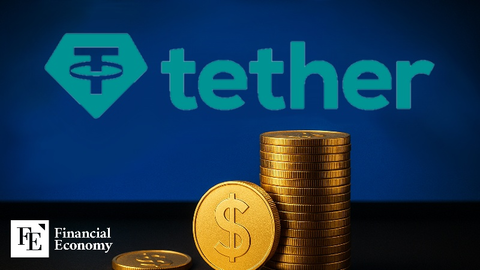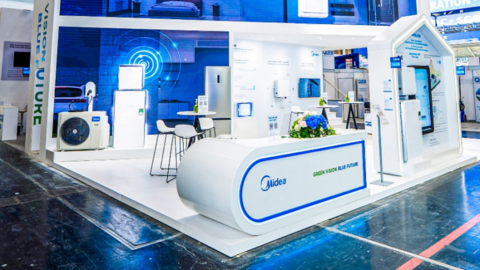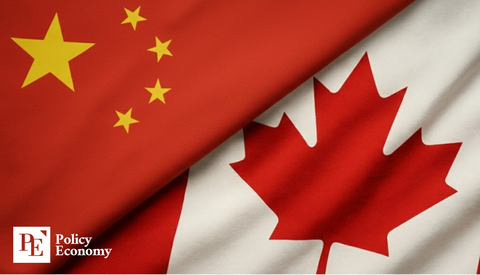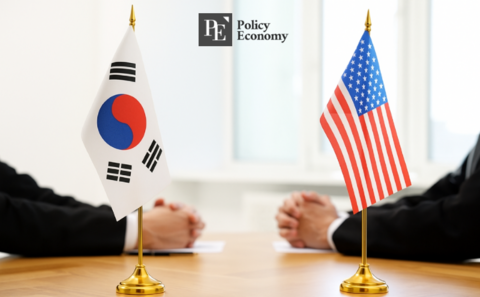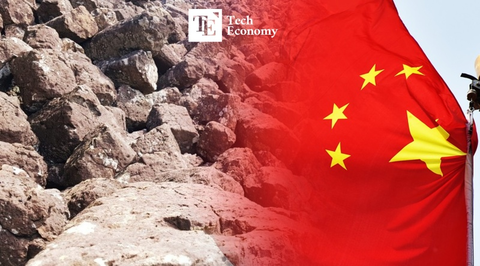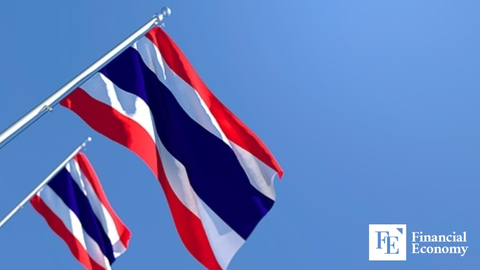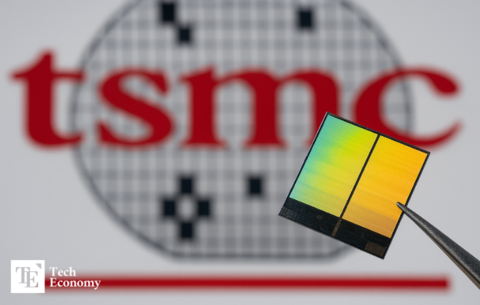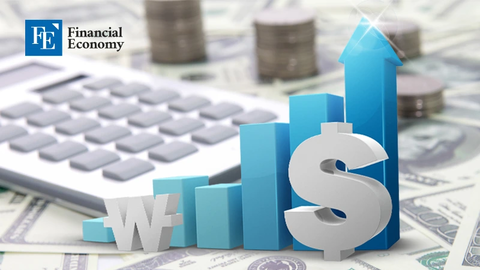China Defies Trump Sanctions as Nvidia AI Chips Circulate Freely in Mainland Market
Input
Modified
Set Up U.S.-Based IT Firm to Funnel Chips into China Banned H100 Processors Routed via Third Countries Illegal Nvidia Chip Repair Industry Thrives in Shenzhen
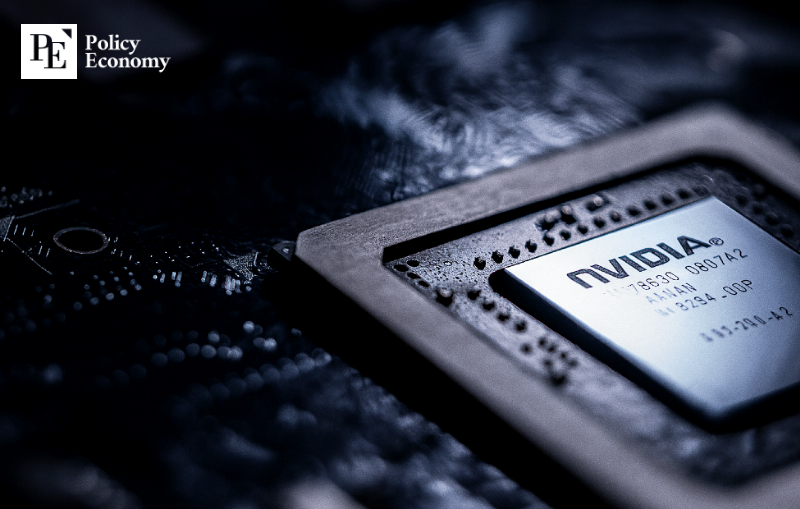
Chinese nationals have been indicted in the United States for smuggling Nvidia’s cutting-edge artificial intelligence (AI) chips into China by establishing a nominal IT company on U.S. soil and routing shipments through third countries. The case unfolded as Washington tightened export controls to curb China’s AI development, underscoring claims that such measures are instead fueling circumvention networks. In China, smuggled chips are being deployed in large-scale data center projects, while a burgeoning gray-market industry specializing in their repair is thriving.
Elaborate Smuggling Networks via Third Countries
According to Reuters on August 7 (local time), the U.S. Department of Justice charged Chinese nationals Geng Chuan (28) and Yang Shiwei (28) with illegally exporting Nvidia’s high-performance GPU H100 chips and related technology to China without U.S. Commerce Department authorization between October 2022 and last month. Under the U.S. Export Control Reform Act (ECRA) of 2018, exporting strategic technologies or militarily sensitive items without approval can carry prison sentences of up to 20 years.
The H100, Nvidia’s flagship AI processor, is widely used for generative AI, large language models (LLMs), data centers, and high-performance computing (HPC). In 2022, after Washington began imposing tech restrictions on Beijing, the pair established ALX Solutions in California as a nominal IT firm. They then shipped advanced chips and technology to China through logistics companies in Singapore and Malaysia.
Between August 2023 and July 2024, ALX Solutions purchased more than 200 Nvidia H100 chips from U.S. server manufacturer Supermicro Computer, falsely declaring customers in Singapore and Japan. An invoice from 2023 also listed Singapore as the destination, but U.S. export control officers in Singapore found no evidence the shipment ever arrived, and the listed address did not correspond to an actual company.
They are also accused of illegally exporting PNY GeForce RTX 4090 graphics cards—equipped with Nvidia chips—requiring special export licenses for China. The Commerce Department said ALX routed more than 20 shipments through third countries. While goods were ostensibly sent to Malaysia or Singapore, payment flows traced back to China. In January, they received $1 million from a Chinese firm, along with further transfers from companies in Hong Kong and mainland China, which investigators believe were the true end buyers.
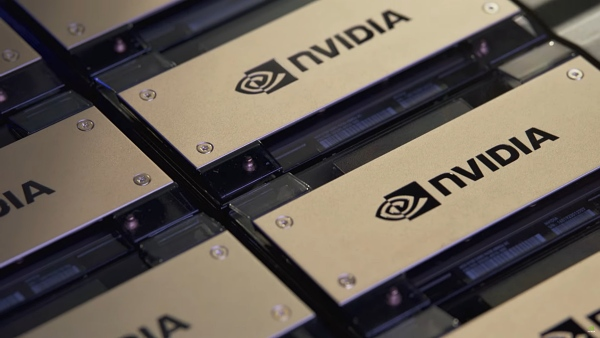
Smuggled Chips Worth at Least $1 Billion
According to the Financial Times, an estimated $1 billion worth of flagship AI chips have changed hands in China over roughly three months since May. That month, President Donald Trump expanded the export ban to include Nvidia’s B200, H100, and AMD’s MI308 processors, as well as the lower-spec H20 chip previously approved for sale in China.
Nevertheless, Chinese distributors have continued supplying banned B200 chips to AI firms for data center operations. Another flagship, the H200, is also reportedly on sale. Sources say that trading such chips within China is not considered illegal as long as taxes are paid. On social media platforms such as Douyin and Xiaohongshu, B200 servers and RTX 5090 units are openly advertised, with some vendors even taking pre-orders for the unreleased B300 chip. One Chinese industry source likened acquiring Nvidia chips to “buying fish in a wet market—everything is available.”
These chips are sold not only individually but also in full server racks containing dozens of units with supporting hardware. Prices are more than 50% higher than in the U.S.—for instance, a B200 rack system with eight chips and software sells for about $430,000 to $500,000. Some sellers emphasize authenticity by packaging them in Supermicro-branded boxes, marketing them as “ready-to-use AI infrastructure.”
Illegal Repair Services for Banned Chipsets Flourish
The scale of smuggling is further evidenced by the boom in China’s AI chip repair sector. Reuters reports that in Shenzhen—dubbed China’s Silicon Valley—over a dozen small firms now specialize in repairing Nvidia’s H100 and A100 high-performance chips. Smuggled units, running 24/7 in domestic data centers, have high failure rates, driving demand for repair.
One such company charges $1,900 to $3,800 per GPU depending on complexity, repairing up to 200 units per month. Services range from software diagnostics to circuit board and memory repairs, as well as component replacements. Reuters notes that this rapid expansion since late last year strongly suggests a large influx of smuggled Nvidia chips, with procurement records indicating that Chinese government and military entities have also acquired these restricted AI processors.
Most experts believe China’s demand for advanced AI chips will remain strong. While exports of the lower-spec H20 have resumed, companies training LLMs still prefer high-performance models like the H100, which was banned from export to China even before its 2022 launch. Nvidia developed the H20 to bypass restrictions, but Washington extended the ban to include it in May. The prohibition was partially lifted last month after President Trump met with Nvidia CEO Jensen Huang, allowing the H20’s return to the Chinese market.

